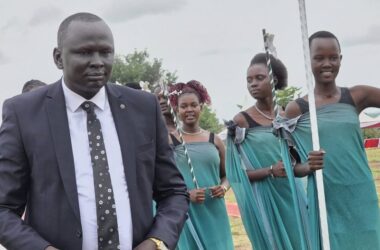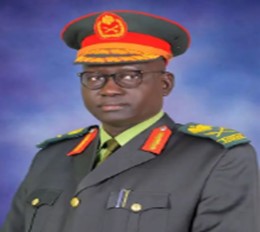By Peter Kuol Kuch
Wildlife authorities in Jonglei State have detained six poachers and seized 14 motorbikes used to transport animal carcasses as part of an ongoing crackdown on illegal poaching activities in Bor.
Earlier this week, the national Ministry of Wildlife, in collaboration with Jonglei State wildlife authorities, launched a wildlife tourism initiative in the corridors of Jonglei State and Pibor.
This aims to monitor wildlife movements and combat illegal poaching. According to the authorities, antelope is the most commonly targeted species.
In an interview with No. 1 Citizen Daily Newspaper, Maj. Gen. David Deng Adol, the director of wildlife conservation and tourism in Jonglei State, noted that illegal poachers have increasingly commercialized bushmeat, leading to a significant rise in wildlife killings.
He stated, “What I think is that it has become commercialized. In the past few weeks, a vehicle transporting animal carcasses was detained in Juba, and I believe it was loaded here. If it was solely for personal consumption, why would they kill up to 10 animals?”
Maj. Gen. David mentioned that authorities have engaged in numerous dialogues with community members in Bor about the dangers of illegal poaching but expressed frustration that poachers continue to disregard their warnings.
“We have been talking to the community since August last year, explaining that their actions are against wildlife conservation and could deter tourism in Bor. Unfortunately, some poachers refuse to listen,” he added.
According to Maj. Gen. David, the six detained poachers will face legal proceedings as soon as their investigations conclude. He also noted that the poachers were found in possession of four AK-47 rifles without licenses allowing them to hunt wildlife.
“They will face the law because the laws of South Sudan prohibit poaching,” he said.
Maj. Gen. David urged local communities in Jonglei State and South Sudan as a whole to refrain from the unnecessary killing of wildlife, highlighting that these animals are a national resource that can generate revenue for South Sudan through tourism when properly protected.



